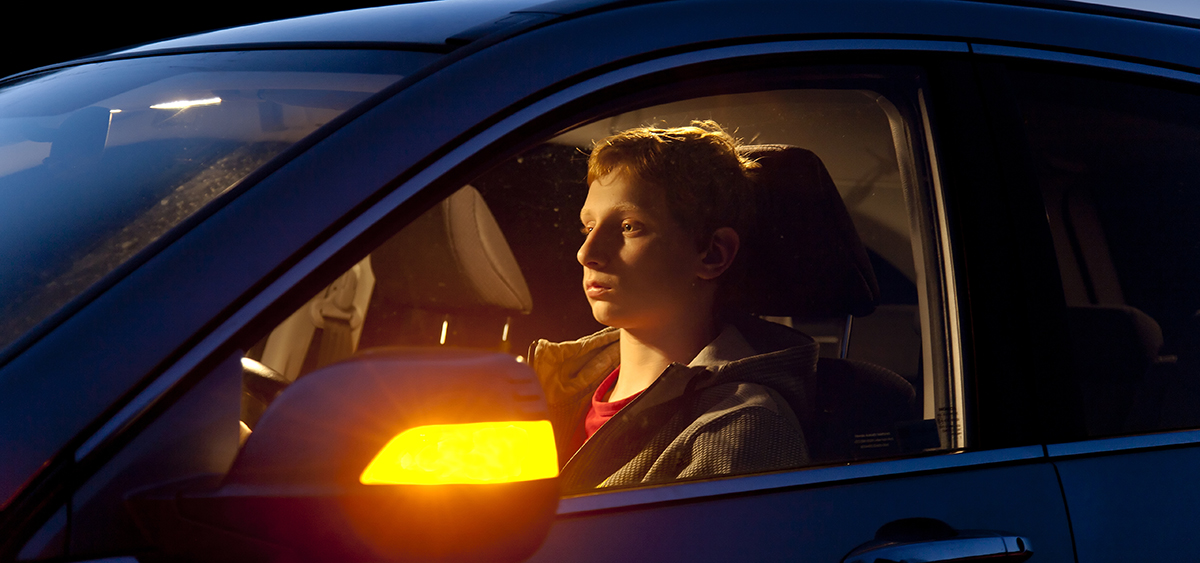Can teenagers be ticketed because they committed an infraction? Under what conditions and what are the consequences?

What is an “infraction”?
When someone breaks certain laws or regulations, they commit what is called an infraction.
Some examples of infractions are:
- Being in a municipal park at night after it closes.
- Not stopping at a red light.
- Being in a bar under 18 years old.
If police think a person over 14 has committed an infraction, they will give that person a “statement of offence”. This is also commonly called a ticket or a fine.
Generally, the police give tickets for infractions that are not crimes. So, if you get a ticket, you won’t get a criminal record.
What happens when a teenager receives a ticket?
Police can ticket teenagers over 14. They can be given in person or by mail. Parents of the teenager will also receive a copy of the ticket.
When teenagers receive a statement of offence, they must identify themselves to the police. This means they must give their name, address, and sometimes date of birth. The same applies for transit inspectors.
If a teenager is driving a vehicle or a scooter, they must also show the police their license, registration, and proof of insurance.
What is in a ticket?
A ticket includes information like :
- What law or by-law was allegedly violated.
- The police version of what happened.
- The amount of the fine.
Can teenagers contest tickets?
Yes. If a teenager who receives a ticket feels that they are innocent, they can plead not guilty and contest the ticket at trial. Tickets must be contested within 30 days. A judge will listen to both versions of events before deciding.
Usually, the statement of offence given by the police will have information about how to contest the ticket. Read our article Contesting a Ticket to learn more.
Trouble Paying a Ticket or Fine?
If teenagers cannot pay, they can contact the Bureau des infractions et amendes (the Quebec offences and fines bureau). They may be able to do community service instead of paying the fine.
|
Important! Don’t ignore the ticket or fine. Not paying or contesting a ticket will have consequences. A judge can make a decision about a ticket without the teenager being present. |





